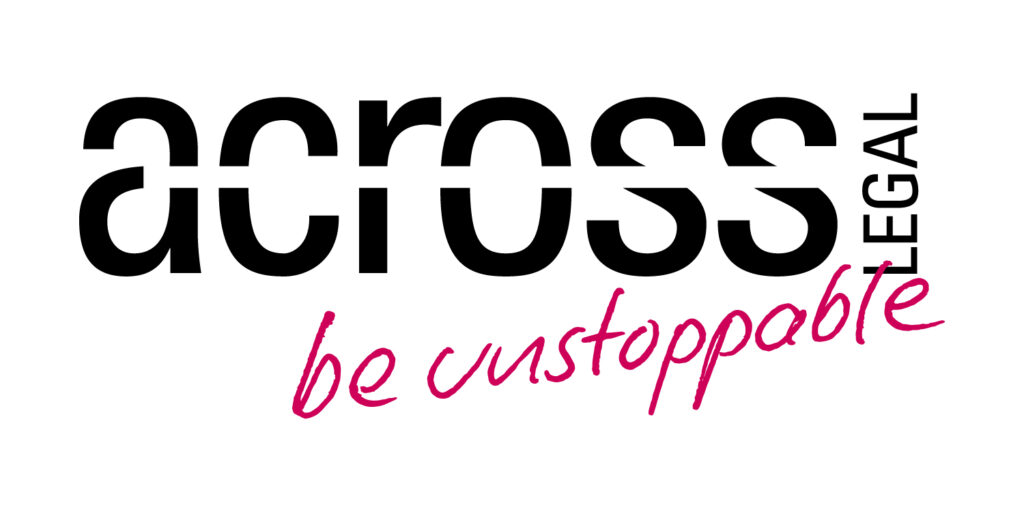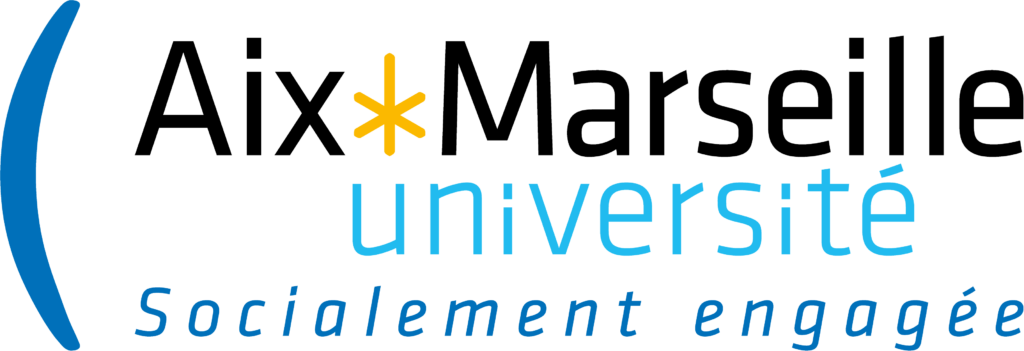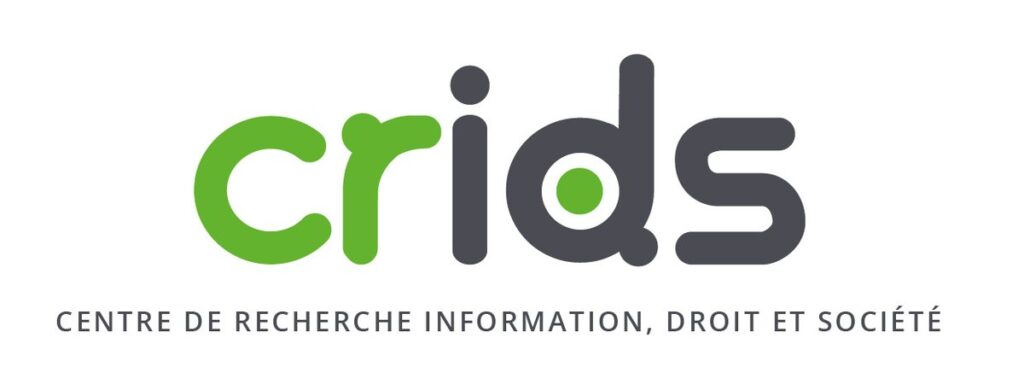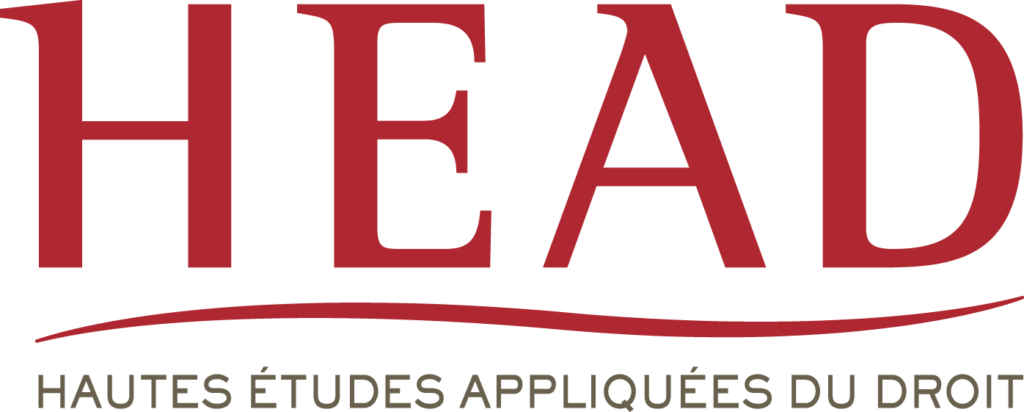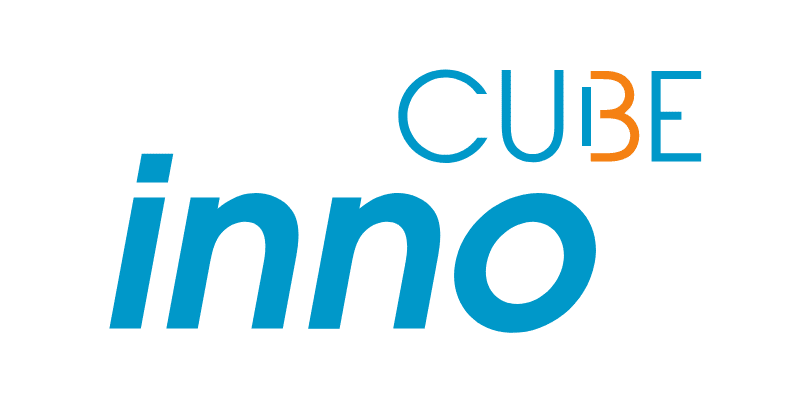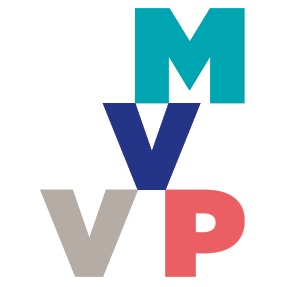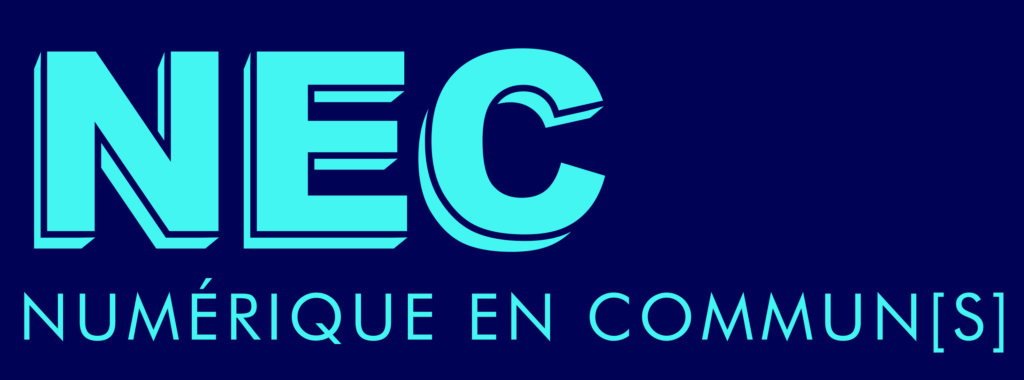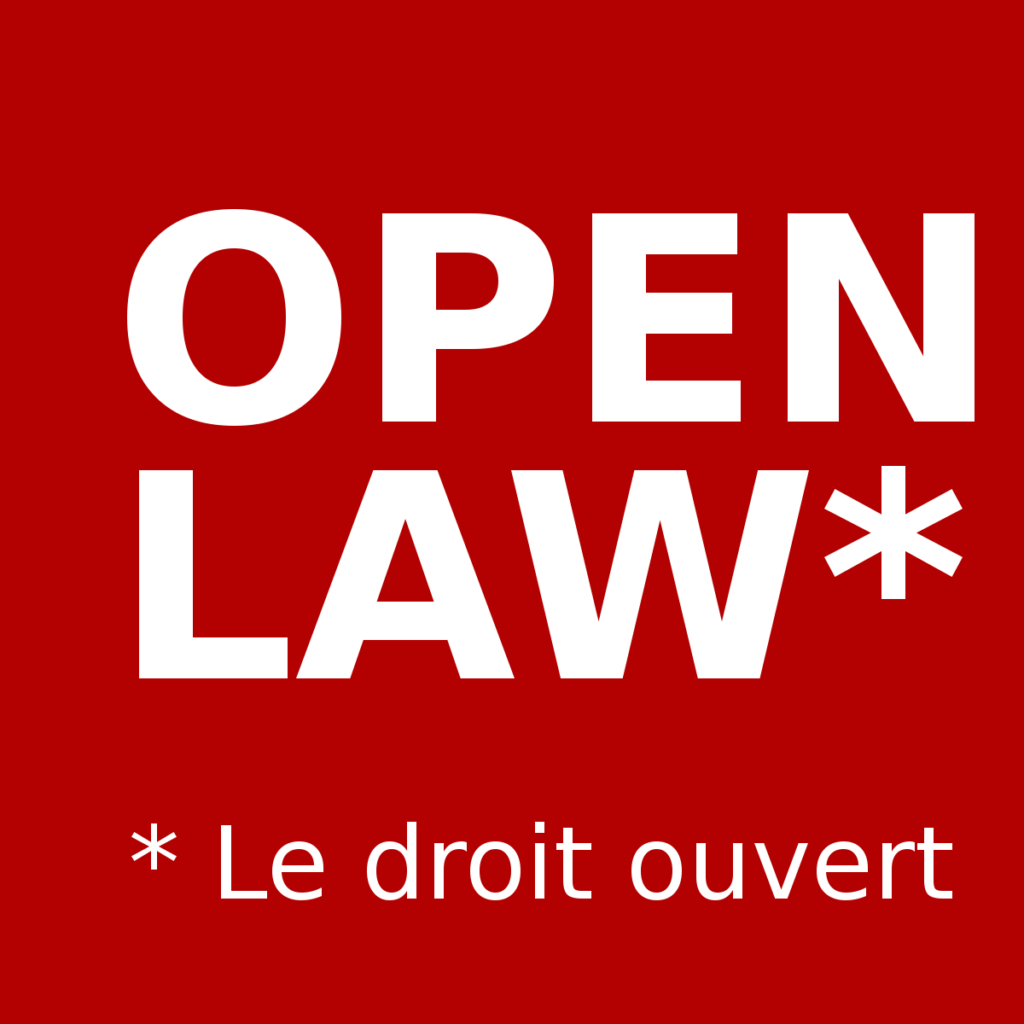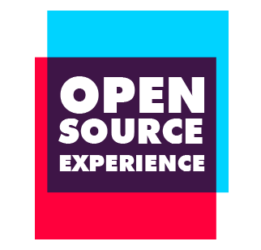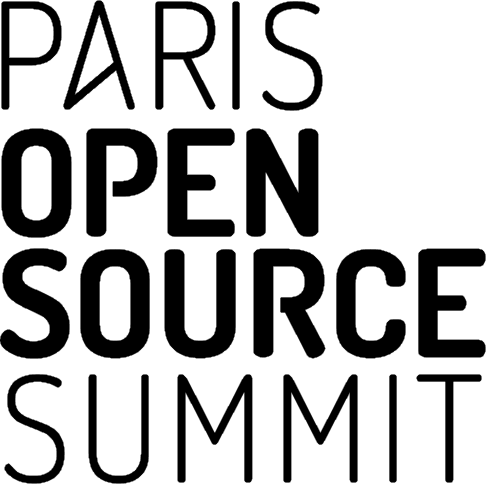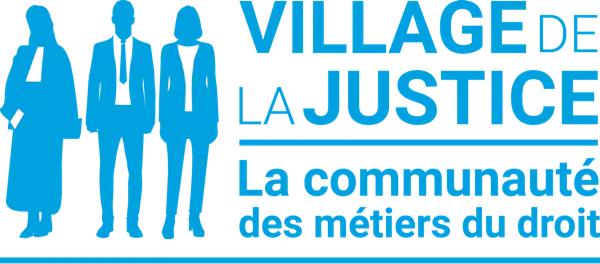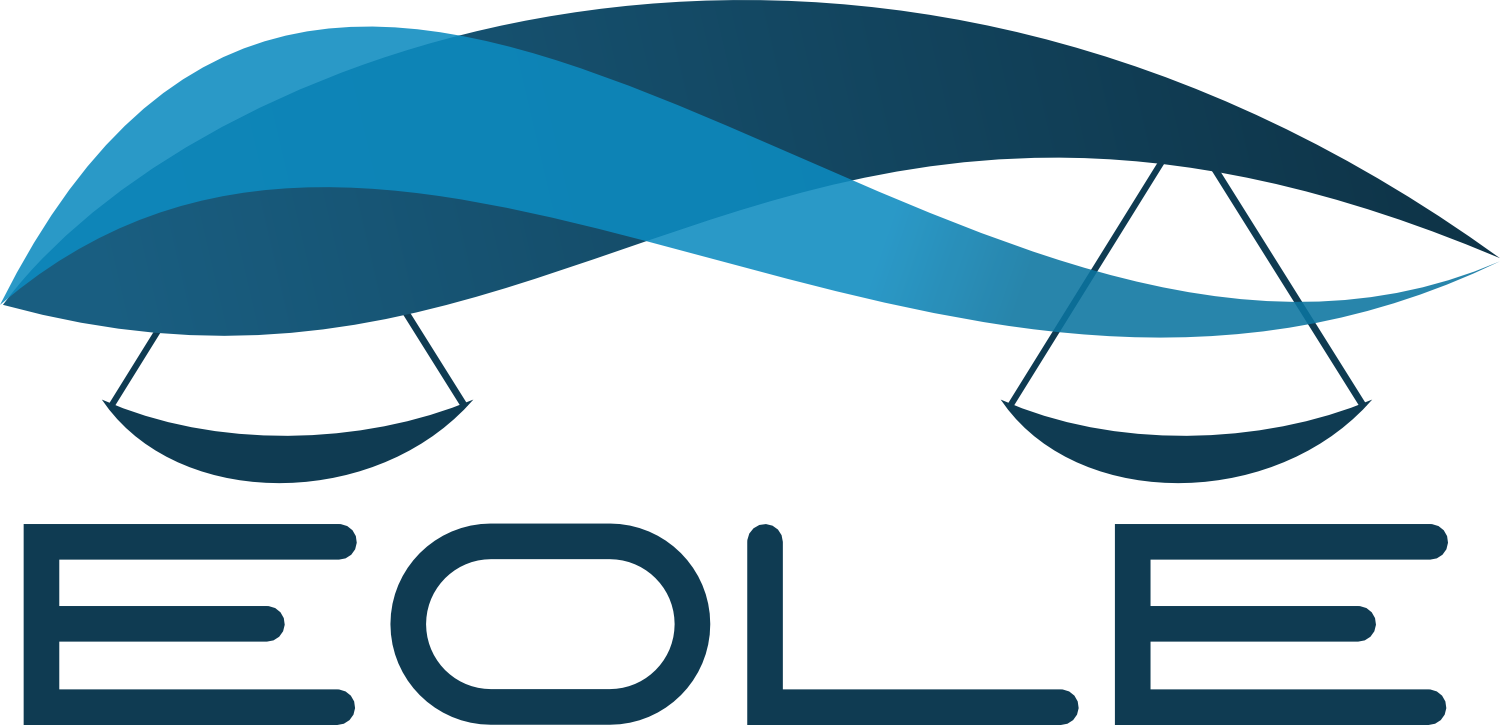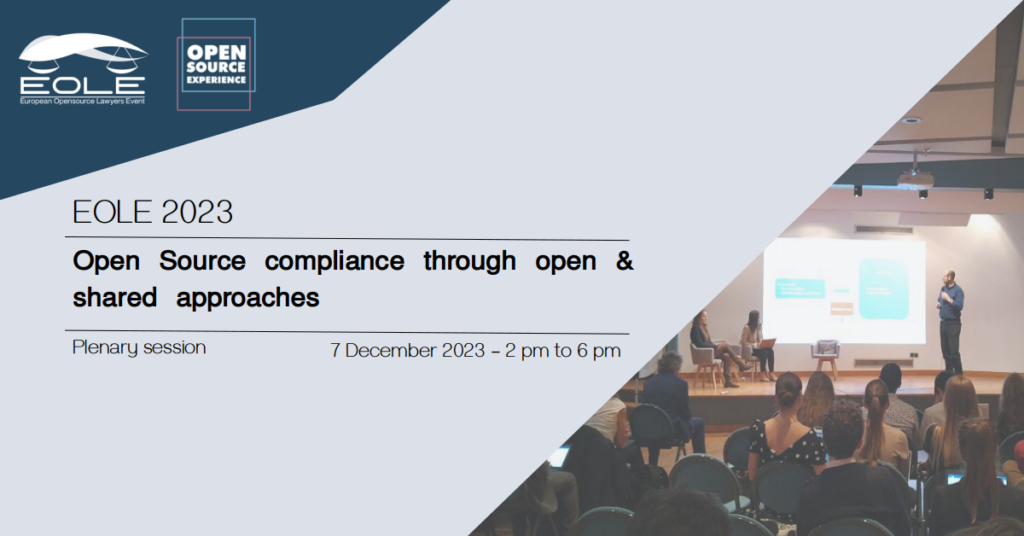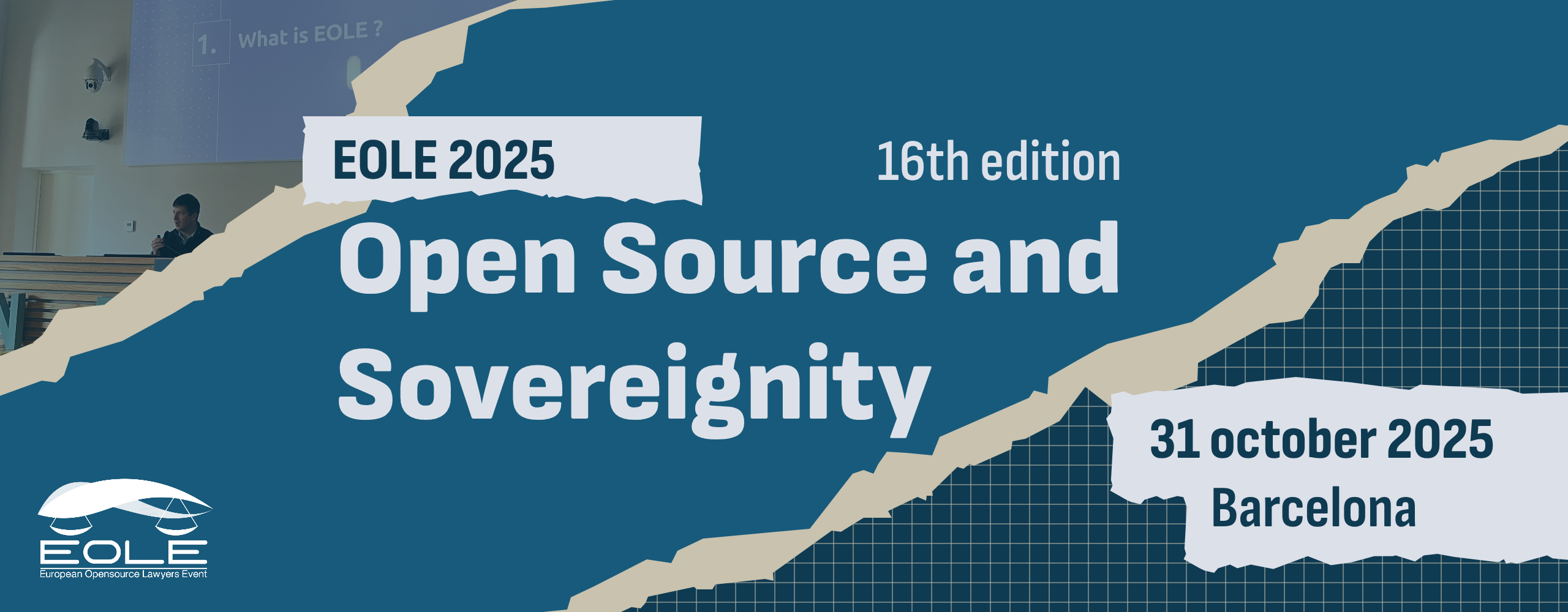
EOLE 2025
International annual conference cycle, the European Open Source & Free Software Law Event (EOLE) aims to promote the share and dissemination of legal knowledge related to free software, as well as the development and promotion of good practices. Initiative born in 2008 from practitioners’ needs, EOLE has for purpose to develop a legal doctrine dedicated to the dissemination of neutral and qualitative information. In 2025, EOLE’s focus will be on open source and sovereignty. For this new event, we will welcome you to the UPF in Barcelona at the end of october!
2025 main theme is “Open Source and Sovereignity”
Abstract
As regions worldwide increasingly focus on their strategic autonomy, we aim to explore the critical interplay between Free and Open Source Software (FOSS) and these sovereignty goals. This conference will examine how FOSS and strategic autonomy can be mutually supportive, drawing insights not only from European initiatives but also from comparable efforts in other countries, cities, regions or organisations.
Recent legislative packages, including regulations like the Cyber Resilience Act (CRA) and the AI Act in Europe, reflect broader governmental strategies aimed at shaping the digital future. We seek to understand the full scope of these regulatory ambitions, not just from the legislators’ viewpoint, but also by examining the practices of multinational corporations. For instance, many influential open source companies are headquartered outside Europe, often in the US, yet operate globally. Their approaches to developing and distributing Open Source, alongside the local regulatory constraints they face, present both opportunities and challenges. This conference will critically assess how these corporate strategies and geopolitical factors interact with regional sovereignty objectives and the core principles of the global FOSS ecosystem.
If you want to keep up to date with all the news from the EOLE event, we invite you to subscribe to our newsletter.
Or, you can still take part in our forum by sharing your experiences or useful resources on this year’s theme!
Our last publications
Find more about our previous editions
More than 200 Open Source Legal experts from almost 50 countries already shared their knowledge and practices for the benefits of more than thousand attendees since our first edition.
